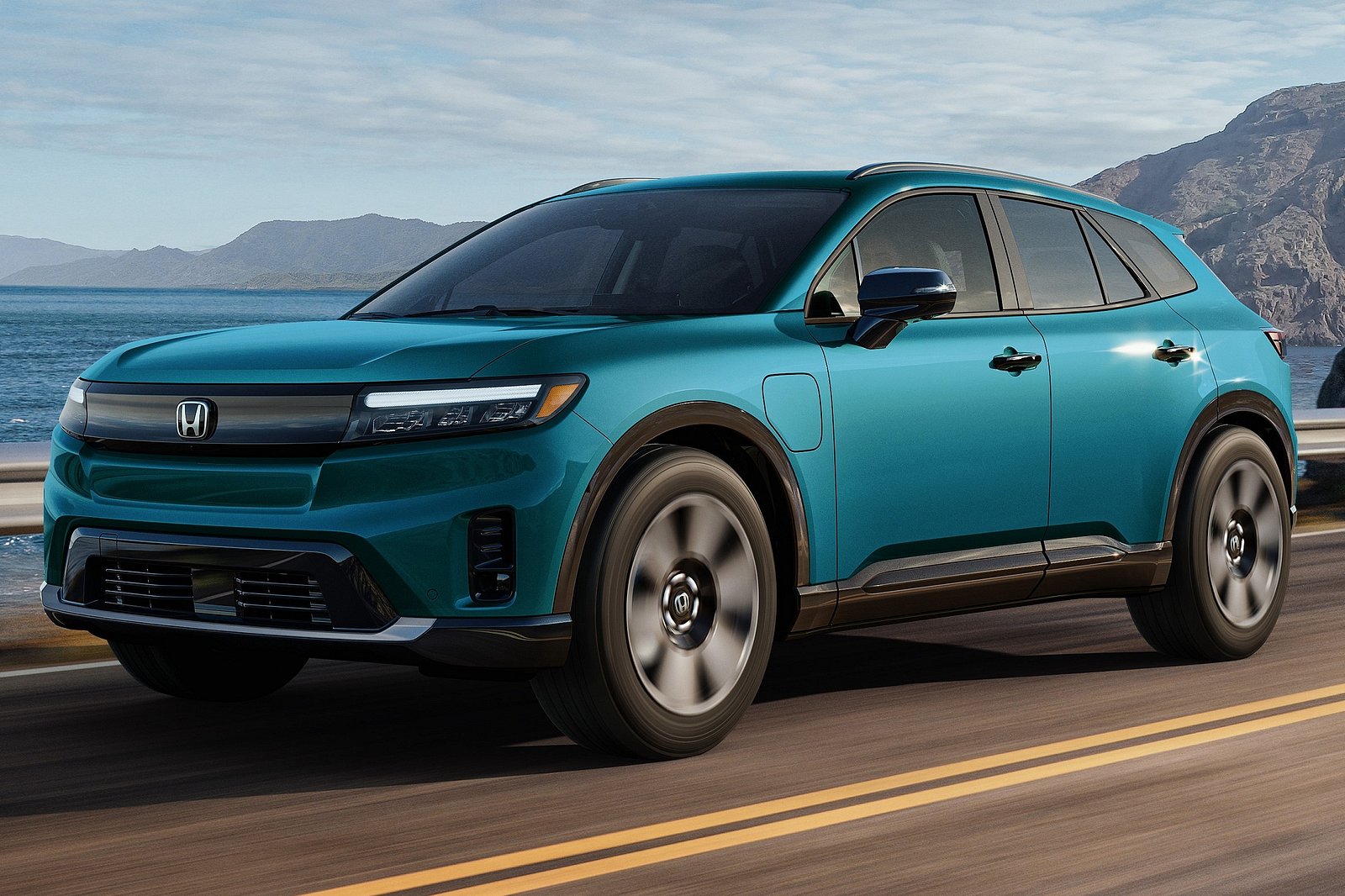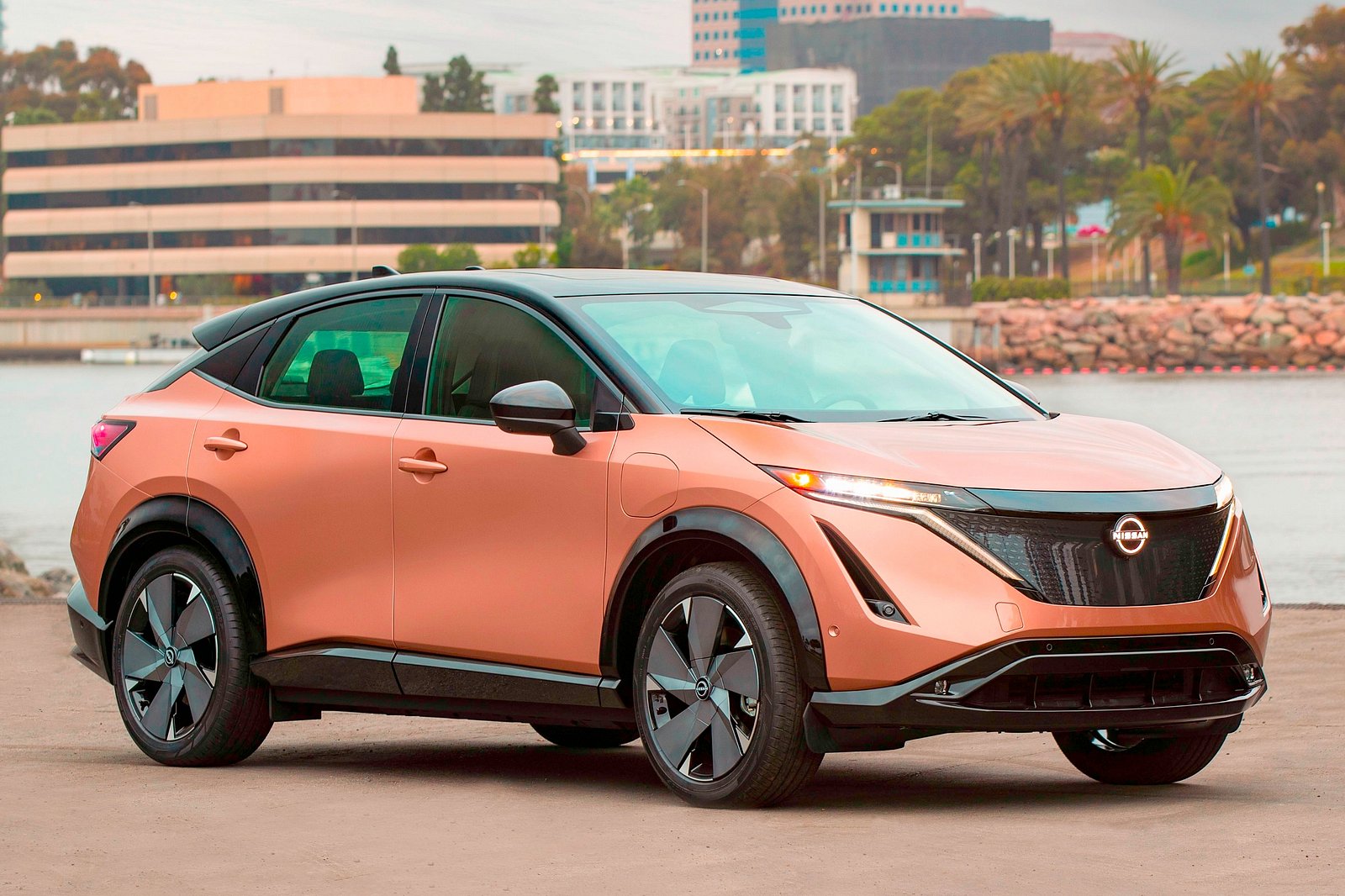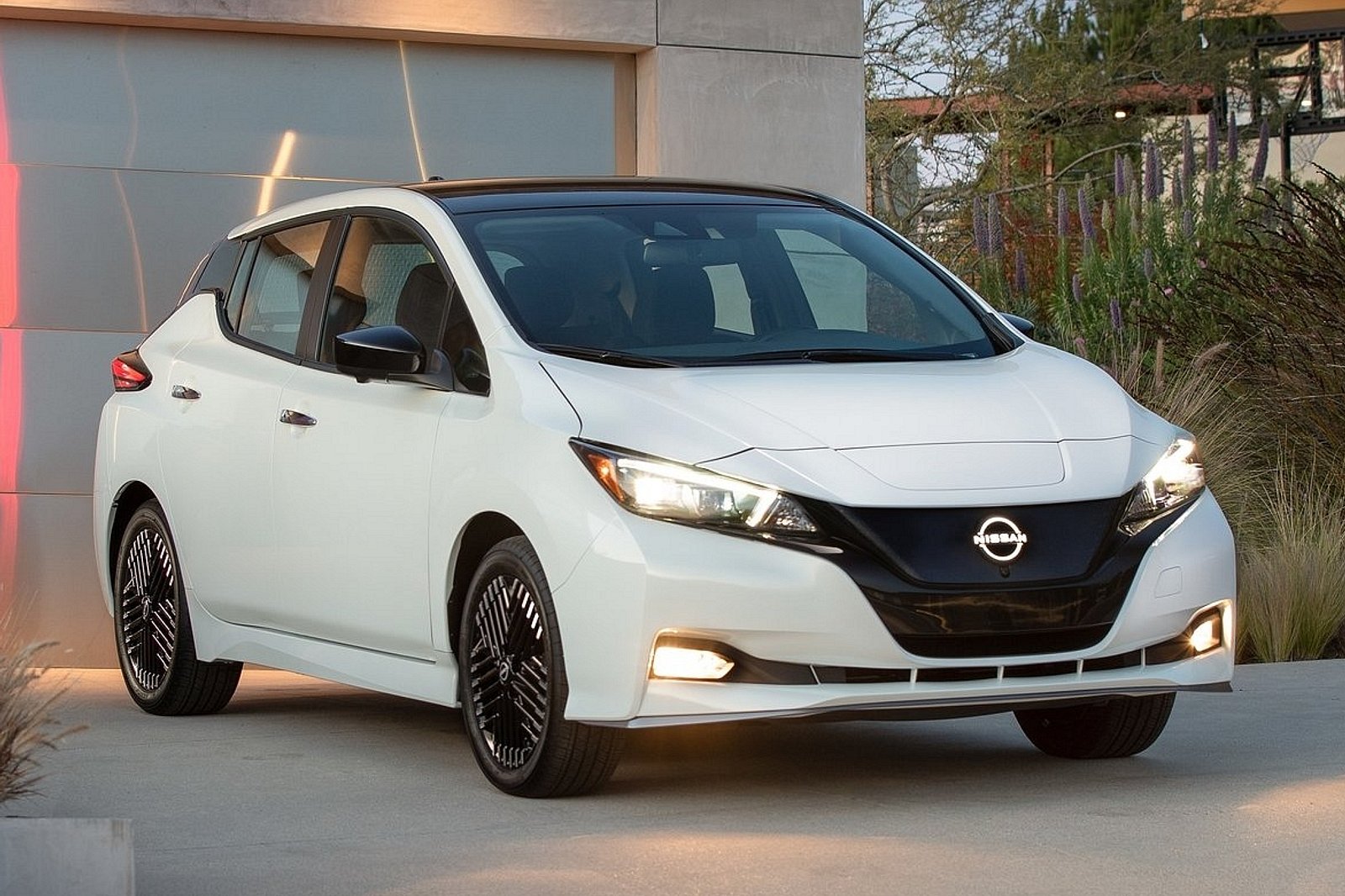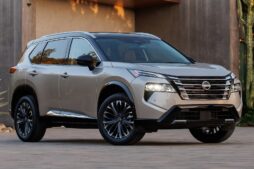Insiders’ Speculation: Possibility Ahead, Nothing Set in Stone
Nissan and Honda, two top manufacturers from Japan, are currently engaged in discussions to potentially collaborate on creating cost-effective electric cars. The aim is to combat the increasing influx of low-priced electric vehicles being imported from China. This revelation was made in a recent report by Nikkei Asia, based on information provided by anonymous sources.
As per the reports from Nissan, the car manufacturer based in Yokohama has expressed their interest in utilizing a cohesive electric vehicle (EV) drivetrain that would be jointly purchased with Honda from a common supplier. In addition, it is said that Nissan aims to collaborate in the creation and development of a shared EV platform with its fellow Japanese automaker. It has been mentioned that this concept is currently in its preliminary phase at Nissan, and there is no information available on Honda’s stance.
If the two car companies come to an understanding, they may consider collaborating on creating complete vehicles and working together to acquire batteries. It is a substantial obstacle for automakers to produce electric cars, specifically affordable models with attractive price points.

Many automakers in the West have expressed their concerns about struggling to keep up with Chinese brands in the electric vehicle (EV) market. They believe that Chinese companies are able to offer consumers affordable EVs while still making a profit. As a result, the European Commission is considering implementing tariffs on Chinese-made EVs in order to maintain a fair level of competition. However, industry experts like Stellantis CEO Carlos Tavares do not believe this solution will be effective.
According to Tavares, the key to addressing this issue is to construct vehicles utilizing technology acquired from China in areas where Chinese electric vehicles are viewed as a potential danger. However, this approach would undoubtedly present numerous difficulties and barriers. In the United States, for instance, automakers are prohibited from incorporating battery components obtained from “foreign entities of concern” if they wish to qualify for the $7,500 tax credit incentive.
Car manufacturers have implored the treasury to reconsider this decision, citing the potential for making electric vehicles more accessible to the general public.

Due to current circumstances, car manufacturers have been forced to think outside the box and form collaborations with unconventional businesses. A prime example would be Honda’s partnership with General Motors for the production of their latest models, the Prologue and Acura ZDX. These vehicles are built on GM’s BEV3 platform and utilize Ultium batteries and drive motors. Furthermore, Honda has also joined forces with Sony to produce the Afeela, an innovative electric luxury sedan.
GM and Honda had planned to collaborate on creating compact and reasonably priced electric vehicles, but the Japanese company backed out of the arrangement due to shifts in the broader business landscape. Conversely, Nissan and its Alliance companions Mitsubishi and Renault have devoted vast sums towards releasing new electric models by 2030.
Japanese automakers, such as Toyota and Mazda, have been hesitant to fully embrace the shift towards electric vehicles, in contrast to their Chinese counterparts. While this may have initially appeared as a disadvantage, it appears to be working in their favor as the demand for EVs has declined in recent times. This has led many European and American brands to make changes to their previous plans regarding electric vehicles.








